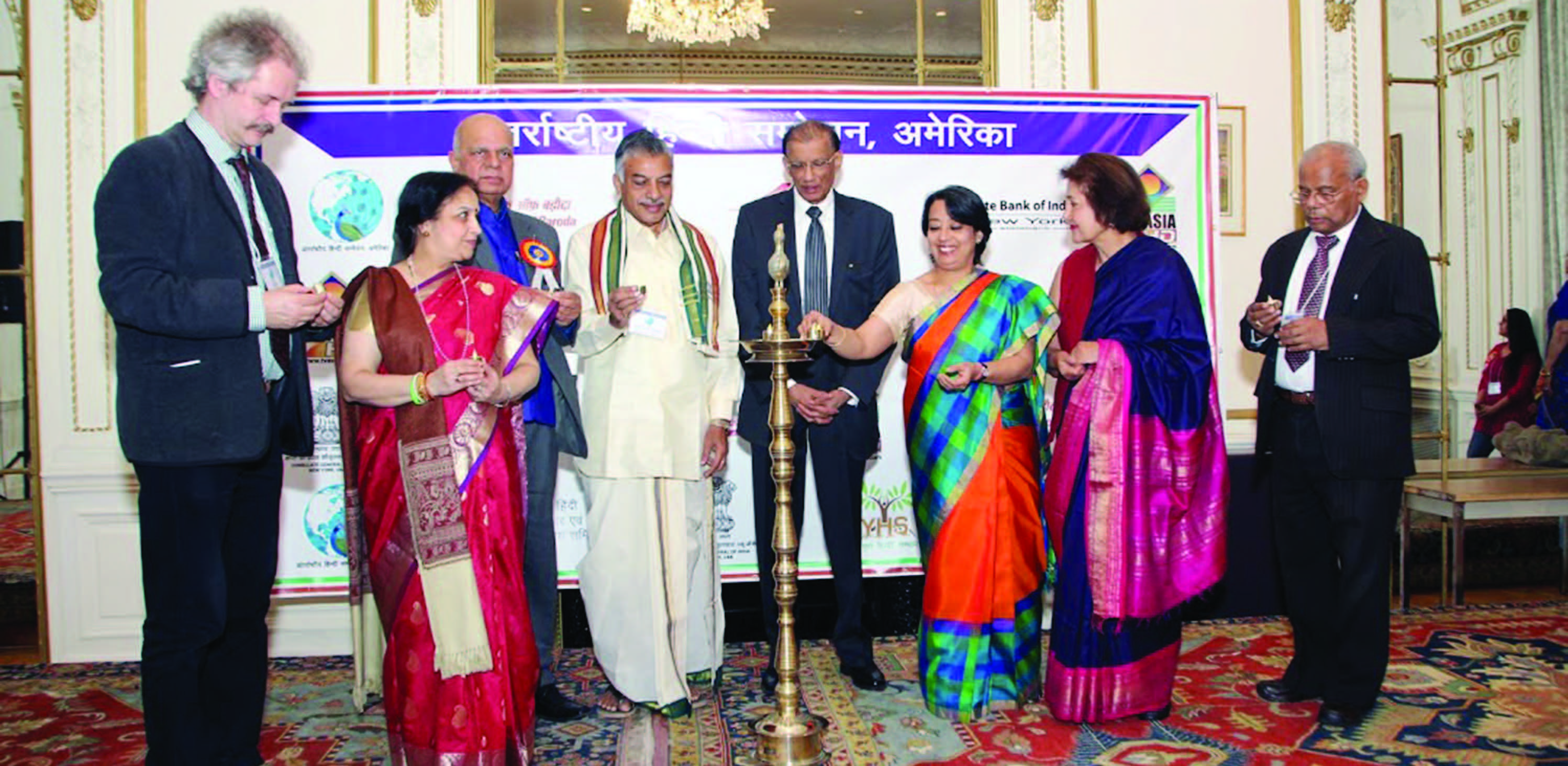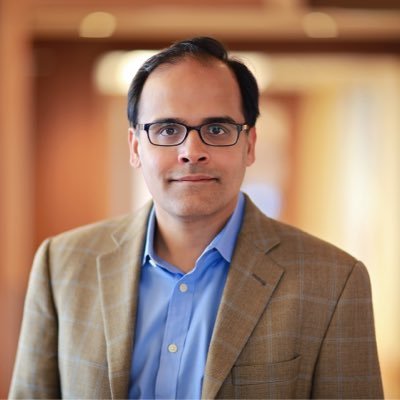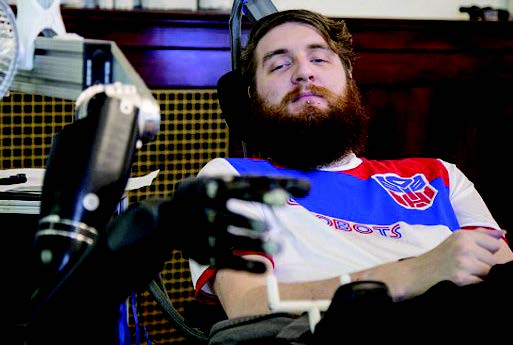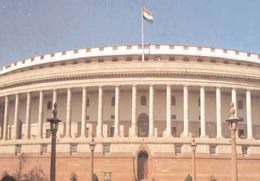
NEW YORK CITY (TIP): The third International Hindi Conference, Americas, that concluded on May 1st, 2016 at the Consulate General of India, New York, unanimously resolved to request the Government of India to support establish a ‘Hindi Center’ in USA.

“There is a great need to establish an institution for promoting and standardizing Hindi teaching and learning similar to institutions, such as, Confucius Institute for Chinese, Goethe Institute for German, Alliance Francaise for French, Servantes Institute for Spanish”, said Dr. Gabriela Nik Ilieva, coordinator of the South Asian Language Programs at New York University and the Head of Academics Committee of the International Hindi Conference. Dr. Ilieva, who is developing Hindi teaching and learning materials and teacher training programs, based on the proficiency guidelines of the American Council on Teaching Foreign Languages, proposed to collaborate with scholars and practitioners engaged in Teaching Hindi as a Second Language (THSL) in non-Hindi regions in India and outside of India in order to strengthen the field of Hindi pedagogy. She supported the proposal to hold an International conference at Vishakhapatnam in India in early 2017 in order to provide an international forum exclusively focused on THSL.
Padma Bhushan Dr. Laxmi Prasad Yarlagadda, who presided over the concluding event of the conference on May 1, proposed to hold an international conference in Vishakhapatnam in collaboration with Hindi Sangam Foundation, USA and Lok Nayak Foundation, Vishakhapatnam, Andhra Pradesh, India.

Dr. Yarlagadda moved the resolution for requesting the Indian government to support establishing a Hindi Center in USA. The proposal was unanimously adopted by the conference in the presence of Dr. Manoj Kumar Mohapatra, Deputy Consul General of India, who was the chief guest of the event.
“It is the priority of the Consulate General of India to support Hindi”, announced Dr. Manoj Kumar Mohapatra adding that the Consulate General of India will continue to extend its support for future Hindi events.
Dozens of Hindi scholars presented their research and vision on various topics related to the field of Hindi teaching in and outside of India during the three-day conference. Dr. Heinz Wessler, Hindi professor at University of Uppsala, Sweden, who delivered the key note speech at the inaugural event on April 29, emphasized the need for developing a framework for testing student’s proficiency. Dr. Wessler made a presentation on the increased presence of Hindi in the digital world and suggested innovative approaches for developing rich Hindi content on the Internet.

Dr. Olga Kagan, Director of the National Heritage Language Resource Center initiated a discussion on the challenges of teaching Hindi as a heritage language in USA. She made suggestions for developing teaching strategies relevant and suitable for the 21st century learners’ interests, needs and goals. Dr. Surendra Gambhir, who taught Hindi for more than 36 years at the University of Pennsylvania, proposed a need-based model explaining heritage language maintenance.
Dr. Rakesh Ranjan of Columbia University presented an overview of the existing resources and suggested aligning them to create a pipeline of year-round opportunities for interested learners at the community, school and college level. Maura Collinge of the National Foreign Language Center, University of Maryland, presented the efforts of the federally funded STARTALK Initiative for K-16 students and teachers to promote quality- and standards-based Hindi teaching and learning. Several STARTALK Hindi program directors later on presented the unique features of their programs. Dr. Vijay Gamhir traced in her presentation the expanding contexts and changing approaches of the Hindi teaching field in the U.S.

A session held on the topic of local and global issues in Hindi literature, was moderated by Dr. Susham Bedi, recently honored by the President of India for her contribution to Hindi literature in the Indian Diaspora. Speakers from India made interesting presentations on Hindi language and literature in the Diaspora. Renowned author and former Hindi scholar Dr. Prem Janmejai, who taught Hindi in Trinidad, narrated the struggle of indentured laborers to raise their social status while in this process they lost their language in the new environment. Dr. Wessler offered an overview of the research on Dalit literature written in in Hindi. Dr. Jagannath Reddy of Annamalai University, Tamil Nadu and B. Hemlatha from Andhra University spoke about their experiences of teaching Hindi. A lively Kavi Sammelan (poets’ meeting), conducted by Dr. Bindeshwari Aggarwal, New York University, was also held on the second day of the conference.
Earlier, the Consul General of India in New York Ambassador Riva Ganguly Das inaugurated the 3-day conference on April 29. Speaking on the occasion, she appreciated the efforts of the organizers, particularly of the conference coordinator Ashok Ojha for organizing in a short time a conference at which a number of scholars from India are also participating, besides a large number of Hindi scholars, Hindi lovers and Hindi promotes.
Ambassador Das also referred to the efforts of MInistry of External Affairs at promoting Hindi. She said that realizing the importance of Hindi language, MEA has created an independent Hindi section which aims at training diplomats in the use of Hindi and ensures Hindi is given due place in the departmental communications.
Ambassador Das assured the organizers that the consulate will continue to extend all cooperation in promoting Hindi.

Conference coordinator Ashok Ojha in his welcome address to the Consul General praised her for her support in organizing the conference. He said he was happy to acknowledge the great support Government of India and Ambassador Das have provided. He added that he was confident the Consulate would continue to provide the all out support for propagating and promoting Hindi.
Prof. Heinz W. Wessler, Institute for Linguistics and philology, Uppsala, Sweden delivered the keynote address. Prof. Wessler is born a German. He spoke on Hindi as a language of expression of diverse issues relating to culture, religion and politics.
Speaking in relatively chaste Hindi, given the fact that Hindi is an acquired language for him he said that media whether print or electronic has been helpful in promoting Hindi. He advocated use of common Hindi as spoken by the younger generation. He said there is nothing wrong if some foreign language words are spoken by a person expressing in Hindi. He referred to Munshi Prem Chand’s “Godaan” in which writing one comes across the language of common people. He gave details of a number Hindi publications in a number of countries. He also spoke of databases. The video presentation he gave was quite interesting.
Others who spoke on the occasion included Dr. Bejoy Mehta, chairman of board of trustees, Hindi Sangam Foundation; H. R. Shah, president of TV Asia & chairman of Bharatiya Vidya Bhavan board of trustees.
Mrs. Purnima Desai, trustee of Hindi Sangam Foundation made a thanksgiving reference and said the organizers were moved to receive an overwhelming support for the International Hindi Conference.
A cultural performance was presented by students of Rimli Roy. Evergreen TV Asia anchor Vikas Nangia was a delight as master of ceremonies. The inaugural session was attended by more than 150 scholars, writers, Patrons and lovers of Hindi.





Be the first to comment